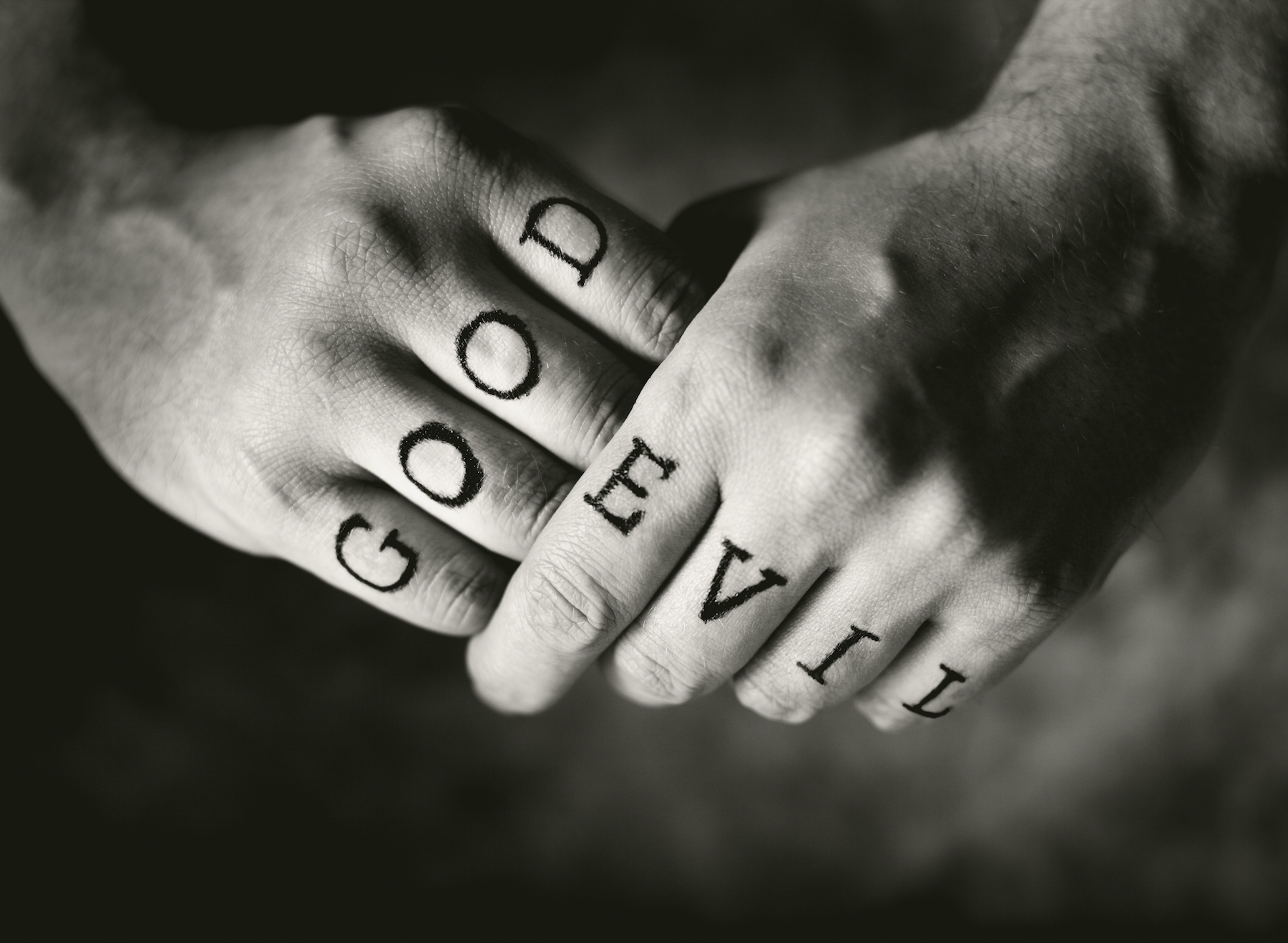The brash display at the front of the bookstore announced Conversations with God—the first of three volumes in which God tells all … to somebody else! I thought I was the one anointed to carry God’s message. What’s going on here?
Before my own experience, I would not have thought for a minute that the author, Neale Donald Walsch, actually heard from God. But, if God spoke to me, He could surely speak to someone else. In fact, He had told me that He communicates with people all the time. Walsch also reports God as saying, “I talk to everyone. All the time. The question is not to whom do I talk, but who listens.” Just what I had been told.
Has God appointed two messengers? With different messages? Or is this guy not on the up and up? I have to admit I was skeptical. My own prayers were herky-jerky and the voice I heard spoke in my own casual vernacular. Walsch’s conversations are reported in polished prose. That looked rigged.
Nor was I impressed with what Walsch reports having been told. It sounded like pop Buddhism—feel-good stuff that sells books but is unlikely to be God’s authentic word. Wasn’t Walsch just a charlatan?
When I asked, I didn’t like the answer.
The book of prayers [Conversations with God] is nice enough, but it will be dismissed by most as an oddity, not a revelation—even though he got most of it right—but I couldn’t write the blurb!









